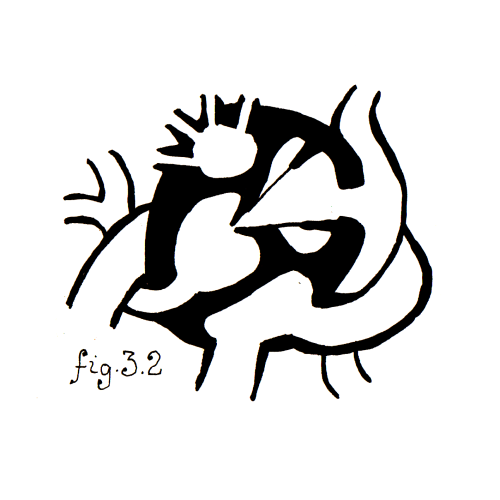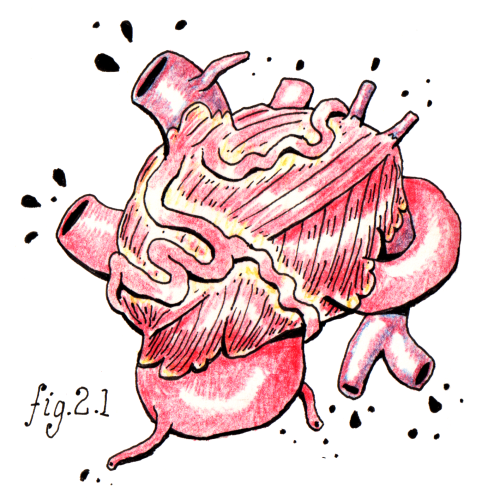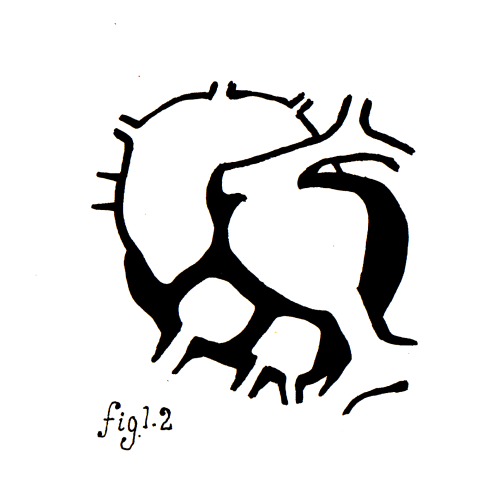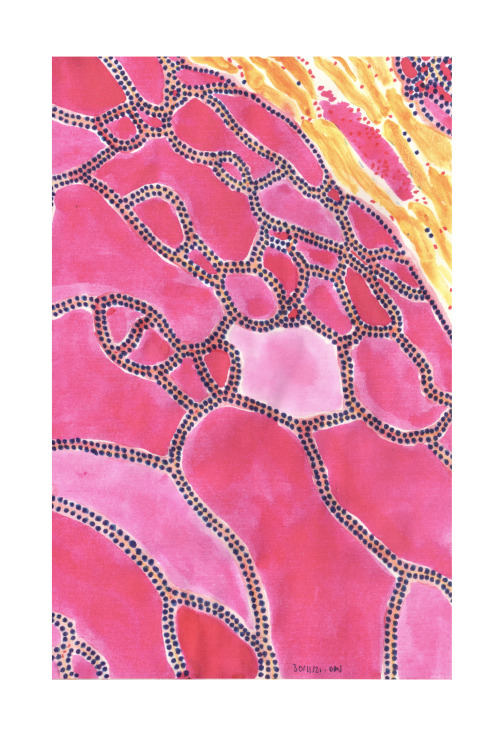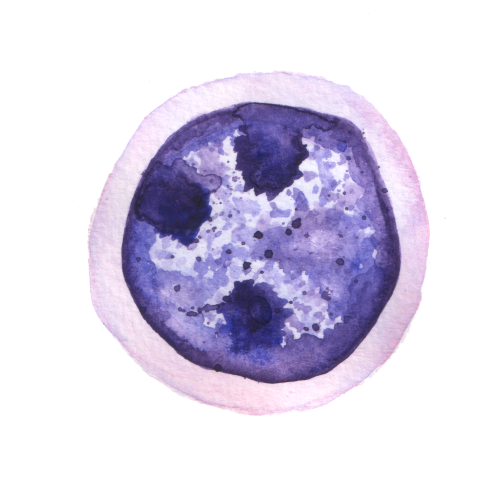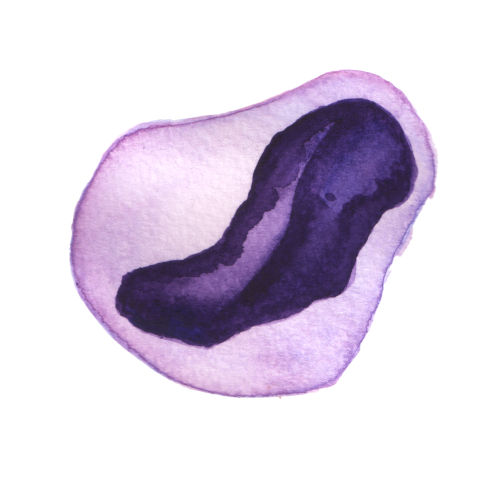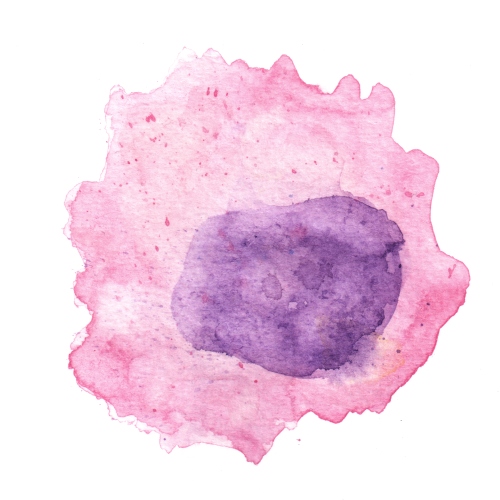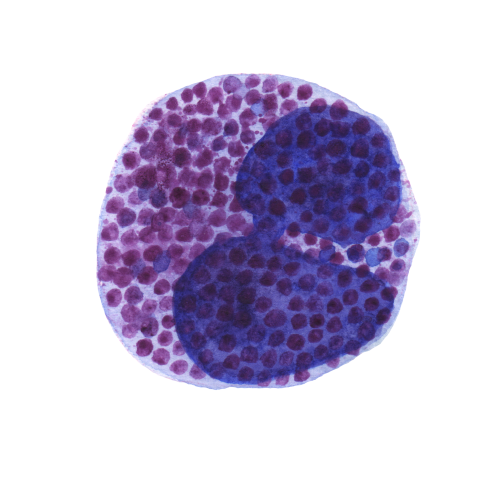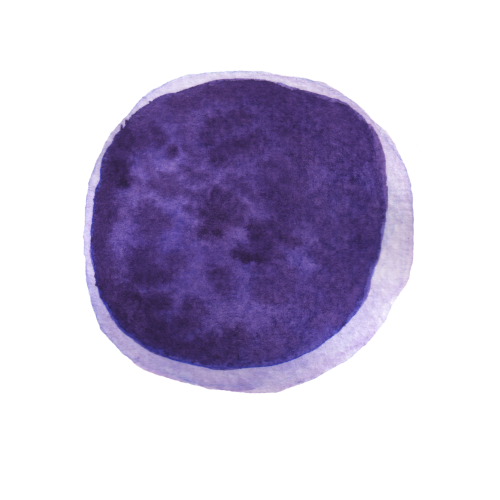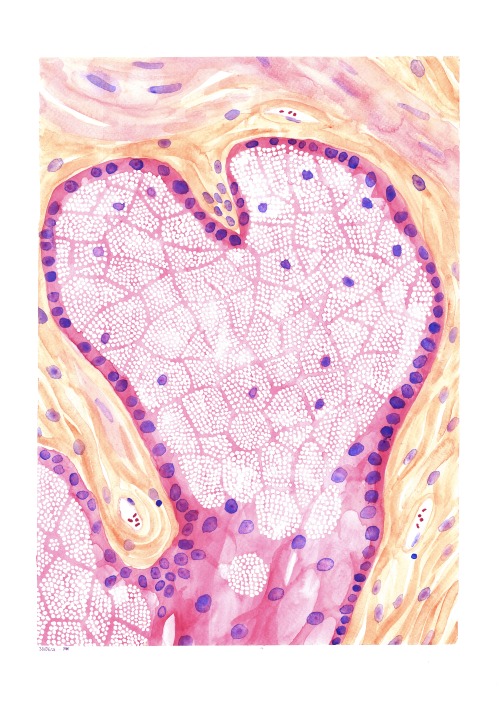#medecine
update
started med school
fuck the french education system, we’re 1900 ppl in my year 460 will make it into medicine next year
got admitted to the psych ward twice, got stitches
changed treatments and shrinks numerous amounts of times
dude im tired i fail at everything i cant study i cant stay healthy i cant function normally unless im doped up, even then gotta take my anxios or brain go :
- command : delete

my parcoursup results are mortifying
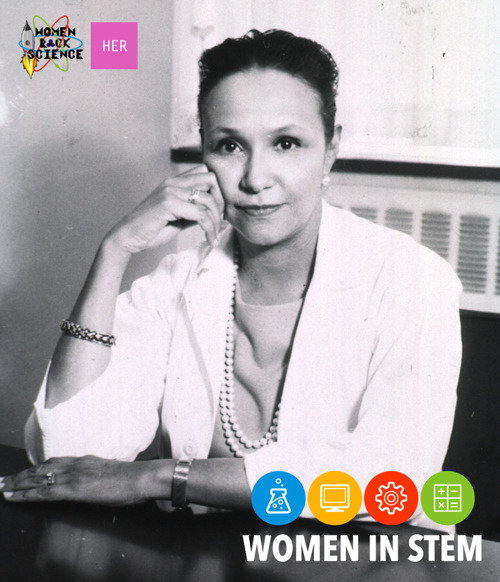
This article is a collaboration between Women Rock Science and HER, An empowerment organization dedicated to community awareness about women’s health, education, and rights
Meet Dr. Jane Cooke Wright , the pioneering Harlem surgeon who revolutionised medical research and cancer treatment. She developed the first ever chemotherapy drugs to treat solid tumours and spearheaded the use of tissue cultures for medical testing as opposed to live human bodies or mice. Jane’s methodical testing and cataloguing of samples generated the first clear dosing protocol for chemotherapy drugs and she, along with other researchers, took chemotherapy from being a joke in the medical community to a well-respected treatment option for cancer patients.
Jane was born in 1919 and comes from a long line of activists and medical trailblazers with an extensive list of firsts to their names. Her father, grandfather, step-grandfather, uncle and sister were also all doctors, a huge feat considering many universities and hospitals refused to take black students or doctors and that her grandfather was a former slave. Jane attended New York Medical College and worked for several years at Bellevue and then Harlem hospital. In 1949 at the age of 30 she joined the Cancer Research Foundation, a Harlem based organisation founded by her father determined to find effective treatments for cancer. Three years later she became head of the foundation.
Jane and her father were inspired by the amazing work of Dr Sidney Farber and other medical researchers. More and more data was coming out that drugs could kill cancer cells and they quickly redirected the foundation towards researching chemotherapy. At the time, in the 40s and 50s, the idea that chemical drugs could treat cancers seemed outrageous and doctors researching chemotherapy drugs and their effects were met with shunning and ridicule. This was a huge step for the foundation and totally against the grain at the time.
Jane conducted countless human, mice and tissue studies and has published over 70 papers on cancer and chemotherapy. Her tissue culture work led to the development of personalised medical treatments for patients and allowed for a clear and effective dosing strategy. Chemotherapy drugs are harsh on the body and she wanted to ensure maximum treatment benefits whilst minimizing negative impacts to the patients. She went on to develop the first effective chemotherapy drug for solid tumours, specifically treating breast cancers. Without Jane chemotherapy treatment would not be what it is today and researchers have used her work as the foundation for developing modern chemotherapy drugs. In her later years she also invented a catheter system to administer drugs in hard to reach areas.
In a time where women and racial minorities were rarely afforded opportunities Jane broke gender and colour barriers to become one of the highest ranking doctors in the United States. She sees perseverance and collaboration as the key to success in oncology and in 1964 co-founded the American Society of Clinical Oncology (ASCO) a group that links together oncologists, helps share research and has swelled to 33, 000 members worldwide.



